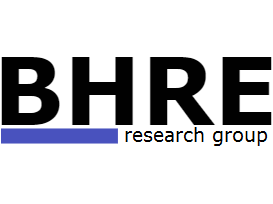New Cleaning and Security Agreements Help Prevent Human Trafficking
/LUPC’s brand new, innovative framework agreements for cleaning and security services are specially designed to help prevent human trafficking in these high-risk spend categories. LUPC is launching both agreements at a free event for Members at the Museum of London on 31 October (0930).
Many of our Members will doubtless be finalising their Slavery and Human Trafficking Statements for publication, as required under Part 6 of the Modern Slavery Act. These agreements will enable Members to state that, owing to LUPC’s supplier due diligence processes coupled with an in-built supplier management programme, mitigating actions are taken to help manage the risk of human trafficking in these sensitive markets.
All our security services suppliers are committed to responsible provision in accordance with the rule of law and with respect to human rights of all people, while our cleaning contractors have all committed to the ETI Base Code.
Both new framework agreements require that suppliers must work with LUPC to identify and mitigate the risk of potential modern slavery, human trafficking, forced and bonded labour and labour rights violations in its supply chain. Each supplier must produce a Modern Slavery in the Supply Chain Due Diligence Report identifying the main risks of modern slavery, human trafficking, forced and bonded labour and labour rights violations in its supply chain, highlighting the main areas, countries and suppliers at risk and the steps to be taken to mitigate such risks at short, medium and long term within 90 days of the commencement date.
Suppliers must update the Report annually for the duration of the contract. More regular updates are to be provided when risks of modern slavery, human trafficking, forced and bonded labour and labour rights violations in its supply chain are assessed as imminent either by the contractor or LUPC. Suppliers have also agreed to jointly draft a Modern Slavery Action Plan and must nominate a person to liaise with LUPC in its drafting and implementation.
This news was first published on andydavieslupc.wordpress.com

